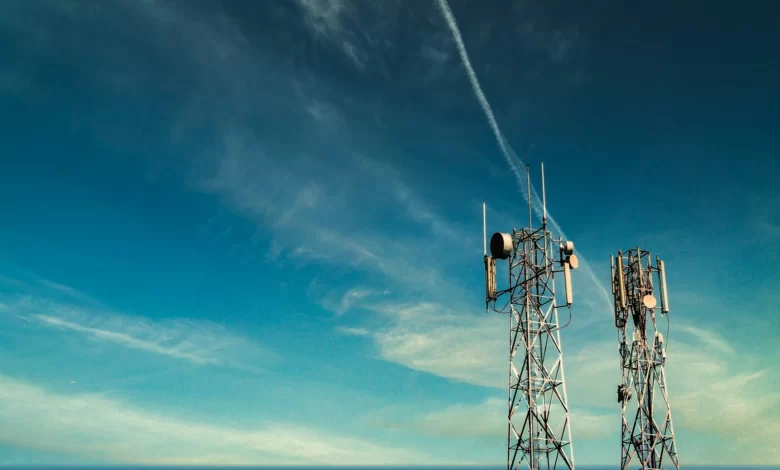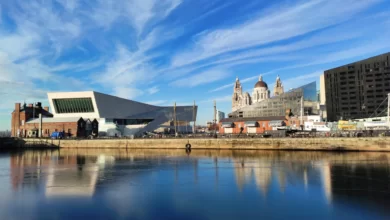
£9 Million Project Exploring the Next Step in Liverpool High-Density Communication
Announced late last year, Liverpool is finally gearing up in tests of next-generation connectivity in high-density areas. The Liverpool City Region HDD project will explore better ways to leverage high-speed communication in places with high data demands. Utilising a technology called Open Radio Access Networks (Open RAN), the implications could be immense, reaching into health, entertainment, and communication.
Why the Experiments?
The idea behind the Liverpool City Region HDD project is to tackle the challenges of delivering reliable connection to crowded areas. Newer systems like 5G mobile connectivity act as a backbone here, but the theoretical capacity of systems like 5G requires testing.
The Liverpool City Region HDD tests seek to emulate scenarios like football matches and large concerts. As anyone with experience trying to message their friends in places like this can attest, online communication in such a high-demand environment can be problematic. This study seeks to identify unexpected issues before they occur and enable better experiences for anyone at or close to high-use areas.
Tests into Open RAN functionality are important because they can help identify potential bottlenecks in a network. Even if connection sites like 5G towers are fully functional, unexpected data pathing somewhere else in the network could cause issues. This is what the Liverpool City Region HDD project seeks to address.
What Could Better Connectivity Produce?
The most profound advantage this project could provide is ensuring better safety through more reliable communication systems. Unexpected health issues in the middle of a concert could be the worst nightmare for a Liverpudlian, and a breakdown of communication in this scenario might cost lives. A constant level of connectivity could ensure emergency officials locate anyone in distress as efficiently as possible.
Outside of healthcare, improved communication could also provide better experiences for entertainment through more reliable updates and navigation information. Modern sports and concert venues are increasingly turning to apps and websites to help participants find exactly what they need, and dropped communications can create problems here.
If you’re travelling to the Sound City Festival, for example, and there’s an unexpected issue with a stage or performer, you might miss out on corrective changes without a reliable online connection. Waiting in the blazing heat or hammering rain only to miss your favourite act is not a recipe for a good time, nor is not being able to find your friends after being separated by a crowd.
Better data connection can also be used by those near a venue affected by high traffic, even if their uses aren’t demanding. Consider a common activity like browsing and playing online casino games. If you view site offers like bonuses like free spins and deposit matches on sites like LeoVegas or Pokerstars Casino, you could be cut off if a nearby high-traffic area was not properly connected. These are low-demand uses, but even they could be affected if nearby online demands aren’t met.
With the tests of the Liverpool City Region HDD project ending in March, it’s too early to tell for sure exactly what results to expect. Whatever the outcomes, this is a case where prudence is a good thing, since these systems will operate for decades to come. For better safety and less frustration, prevention will hopefully prove the best form of medicine.







